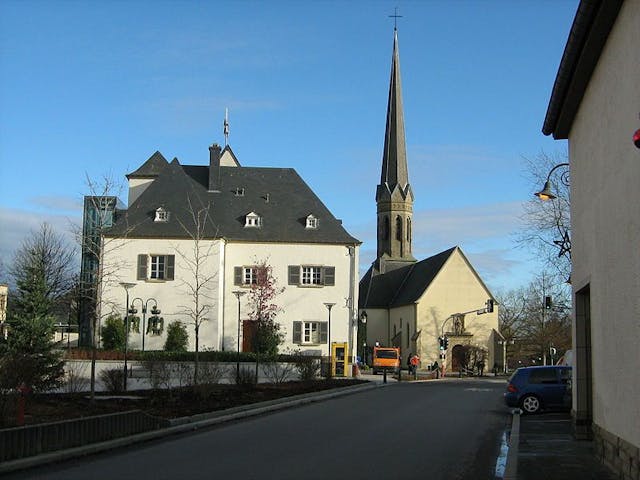Luxembourg makes life easier for businesses

Source: Getty Images on Unsplash
On 21 March 2025, the Minister of Economy, SMEs, Energy and Tourism, Lex Delles, presented a package of key measures on administrative simplification for companies, especially SMEs. The reform is the result of the work of the Haut-Comité PME and reflects a direct response to the demands of entrepreneurs.
The initiative was developed in close co-operation with key structures: the Chambre de commerce, the Chambre des métiers, the Fédération des artisans, Horesca and the Luxembourg Confederation. For the first time, the Ministry of Economic Affairs has adopted a bottom-up approach - collecting proposals directly from businesses and working through them with other agencies.
The result was a practical action plan. A special Directorate General for Administrative Simplification has been set up to permanently reduce the bureaucratic burden. As Minister Delles emphasises, this is not a single high-profile reform, but a series of concrete, step-by-step changes.
Among the measures announced is the creation of an integrated procedure for registering a company. Now all stages - from obtaining a taxpayer number to registering an employee for social insurance - are combined into one unified procedure.
A new commercial zone cadastre system has been launched, covering municipal, regional and national sites. This should facilitate SME access to economically active areas and improve the efficiency of land planning.
The state support system will be reviewed. New SME Packages are being introduced and framework laws on SME aid, research and environment are being updated. The "Once-Only" principle will allow authorities to exchange information without repeatedly requesting the same data from enterprises.
The principle of "Silence is a sign of consent" is also being introduced for a number of procedures, and all new laws will clearly set time limits for reviewing applications.
A separate area will be digitalisation: from automatic receipt of a QR code for a licence to an online tool for ESG reporting on sustainable development. All this should save time and resources for entrepreneurs - already today, for example, the refusal of paper correspondence for licences has avoided more than 15,000 postal shipments.
Carlo Thelen, CEO of the Chamber of Commerce, emphasised that simplification is the foundation of competitiveness. The Chamber, together with the House of Entrepreneurship, is actively promoting process optimisation and plans to take the results of the economic barometer into account for further reforms.
Tom Wirion, head of the Chamber of Craftsmen, reminded that the administrative burden has grown disproportionately: while in 1990 only 11 per cent of the staff of companies dealt with paperwork, in 2024 it will be 35 per cent. The first wave of measures should reduce duplicative procedures and return time and productivity to businesses.





